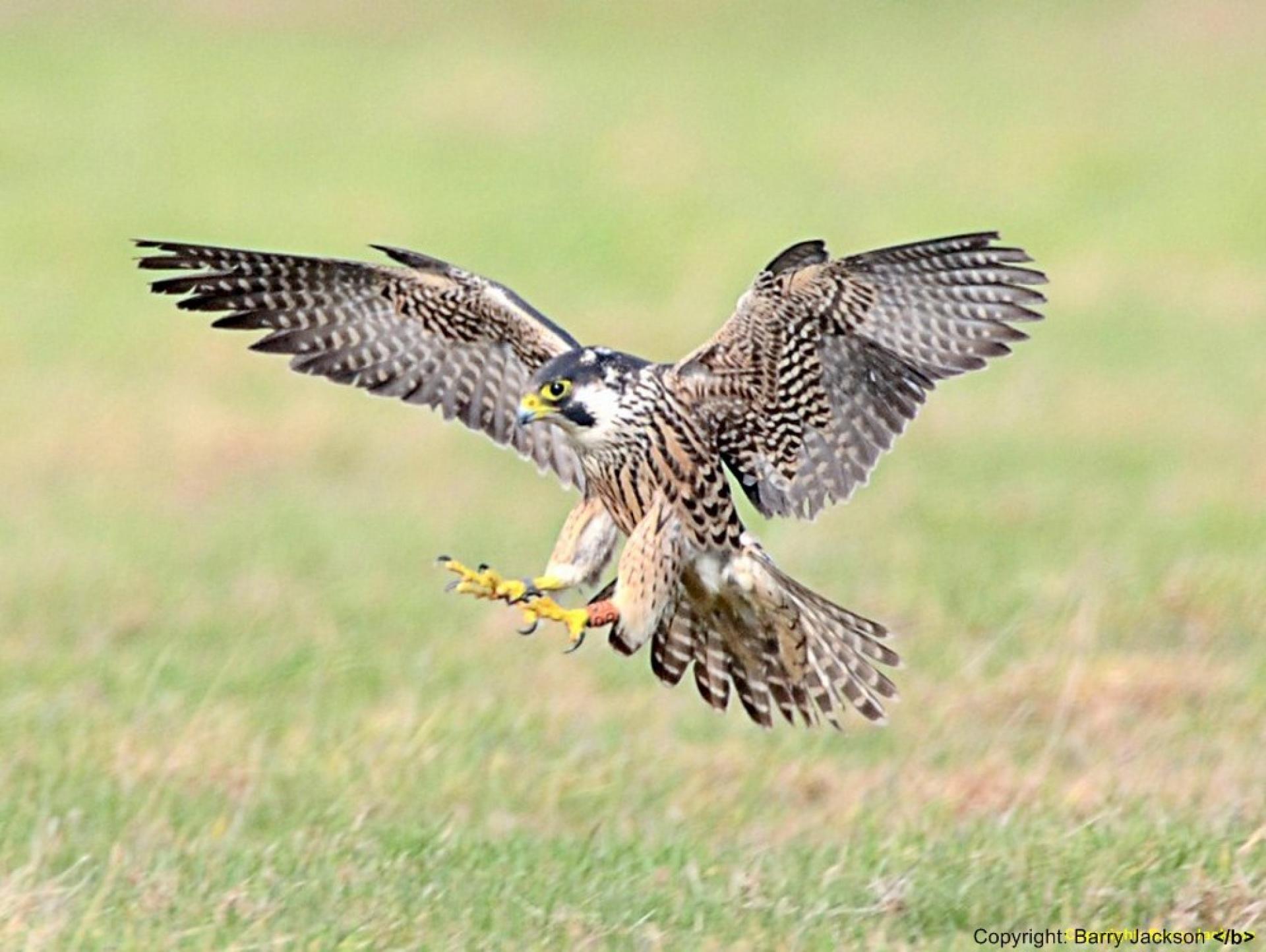
Ahead of FCN’s wildlife crime CSI webinar on Monday 13th November 2023, the UK’s top wildlife crime experts explain why it matters to policing and the public, and what it means for CSIs.
Illegal ivory trading, rare egg theft and hare coursing—these might not be the first thing you think of when it comes to crime in the UK.*
But the illegal trade in wildlife is estimated to be worth £17 billion a year globally and is the fourth largest illegal international trade behind drugs, human and arms trafficking.
Offences against wildlife—both animals and plants—causes distress to the victims and communities, hampers conservation efforts for endangered species, and is linked to serious and organised crime.
Wildlife crime is now up for discussion at FCN’s latest free webinar, specifically for CSIs in policing to learn about types of wildlife crime and non-human DNA casework. A recording will be made available after the session.
Dr Lucy Webster, Senior Wildlife Forensic Scientist at Scottish Agricultural Science Agency, who will speak at the webinar, explains:
“Since the 1990s, the UK has been combatting wildlife crime through the Partnership for Action against Wildlife crime UK, or PAW UK. We are a collaboration of organisations that work together to reduce wildlife crime by raising awareness of wildlife legislation, providing advice and guidance, and sharing best practice. Within PAW UK, the Forensic Working Group promotes the use of forensic testing in wildlife cases and provides advice and financial support.
“Although my unit is based in Scotland, we carry out non-human DNA testing for forces across the UK. We were set up to focus on wildlife crime, but we can take on other casework where animal DNA is recovered. All biological remains contain DNA, and we work with all manner of sample types from blood, fur, feathers, and horn, through to trace-level quantities in transferred saliva or in processed products such as traditional medicines.
“The majority of our casework involves UK wildlife crime priority areas such as badger crime, bat crime, CITES-related crime, cyber-enabled wildlife crime, freshwater pearl mussels, poaching and bird of prey crime (see National Wildlife Crime Unit). Of these, the highest profile investigations often involve birds of prey, or the illegal trade in endangered species.”
At the CSI Wildlife Webinar, Dr Lucy Webster will introduce attendees to the PAW FWG, showcase examples of non-human DNA casework, and explore the cases that have been cracked open using human DNA profiling.
Also speaking is Chief Inspector Kevin Kelly, head of the UK National Wildlife Crime Unit. He has been a police officer for 21 years and has dedicated his whole career to fighting wildlife crime, which led to him rising through the ranks to oversee the UK’s policing response to wildlife crime domestically and internationally.
The NWCU oversee the seven UK wildlife crime priorities which Kevin will cover in his presentation and they also oversee the UK’s international efforts to tackle wildlife crime.
Kevin explains:
“In the fight against wildlife crime there are many areas of policing skill which are relied upon, such as forensics, digital investigations and financial investigations.
“We hope to show you the capability of the UK NWCU at the webinar and also encourage discussions on how forensic awareness can be enhanced within the wildlife crime arena, and make it more mainstream within the CSI network.
“We will also cover some of the intricacies such as the forensic code of practice and how this is delivered practically within UK wildlife crime policing, which takes place in often hard-to-reach areas.”
The webinar will be opened by Alan Tribe, the NPCC’s CSI Technical Forum lead from the Met Police. Other speakers include Guy Clarke (Border Force UK) and wildlife training consultant Craig Fellowes.
This webinar is part of an ongoing series of free online learning events hosted by FCN, ranging from digital forensics and cell-site analysis to research and wellbeing.
One Senior Forensic Scene Examiner, whose team requested wildlife crime training, said:
“We’re always on the lookout for interesting topics that we can share with staff, and having online webinars is by far the easiest way to do this. We have recently had a re-issued version of our wildlife crime SOP which has peaked some interest in this particular topic, hence the requests from staff.”
This webinar is free to attend and all law enforcement are welcome.
Registration for the CSI wildlife crime webinar (09:30 on Monday 13th November 2023) has now closed. Contact [email protected] with any questions.
View all FCN events at www.fcn.police.uk/events.
*When it comes to the examples of wildlife crime mentioned at the top of this article: a Lewisham man was convicted in April 2023 of illegally exporting ivory, a two Lincolnshire men were sentenced in March 2023 under new hare coursing legislation, and the NWCU runs a national campaign each spring to protect nesting wild birds from egg thieves and collectors.